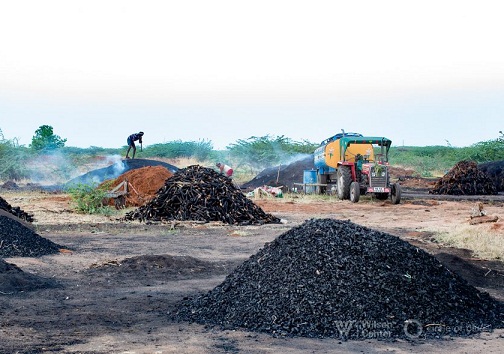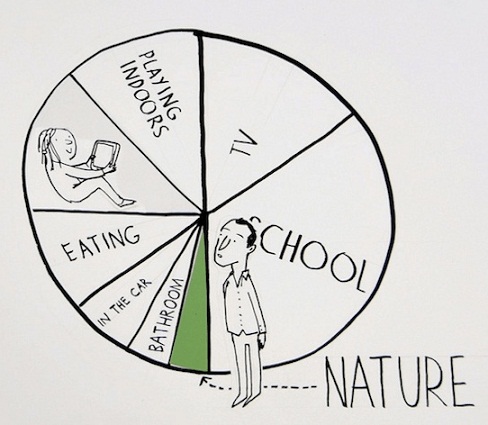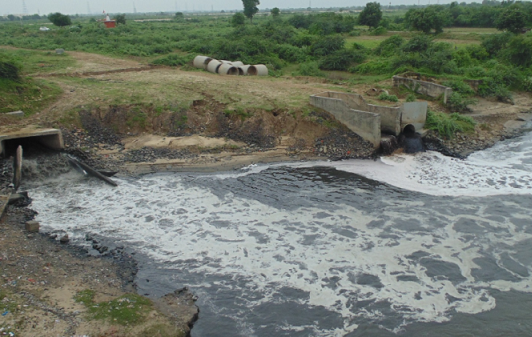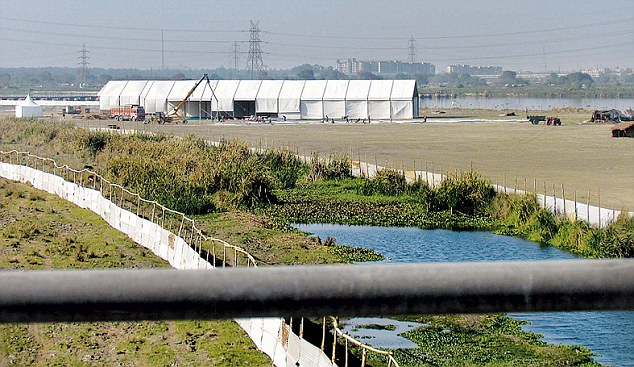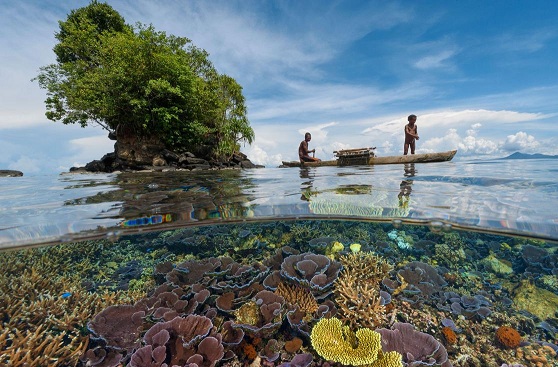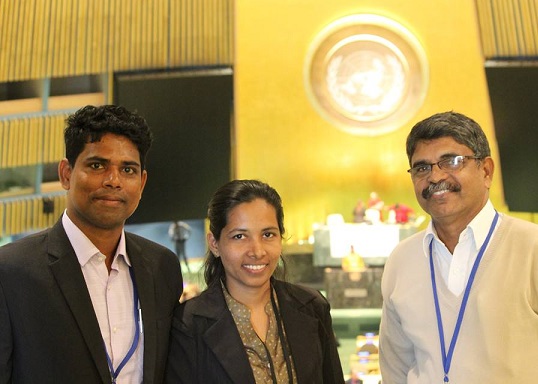
Partially burned and standing trees called snags loom over a site where researchers from the John T Harrington Forestry Research Center are conducting reforestation experiments at Deer Lake Mesa in Cimarron, New Mexico on August 17, 2021.
[File: Reuters/Adria Malcolm]
CLIMATE CRISIS
We are ‘greening’ ourselves to extinction
Apocalypse investors are pushing fake climate solutions on us that are making climate change worse.
Read More about We are ‘greening’ ourselves to extinction








